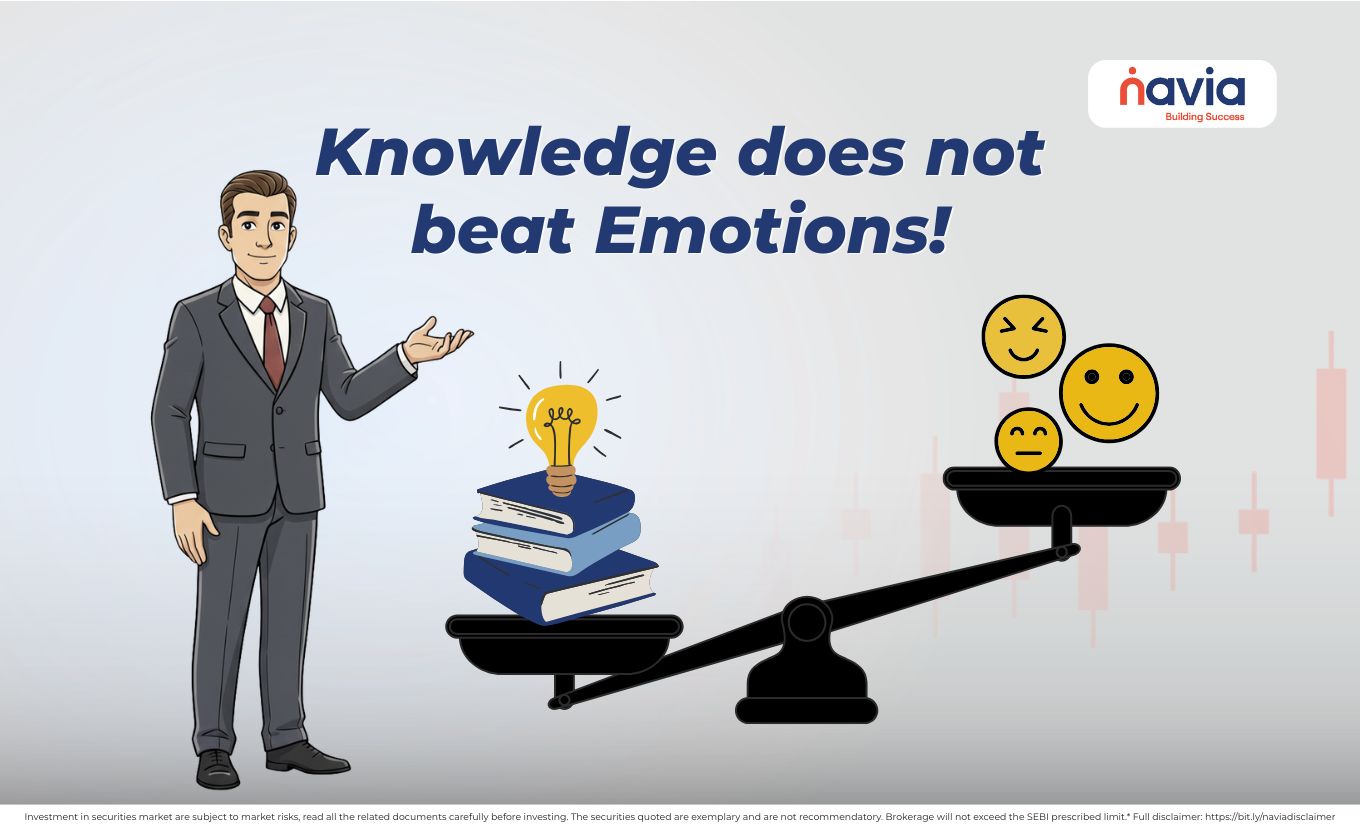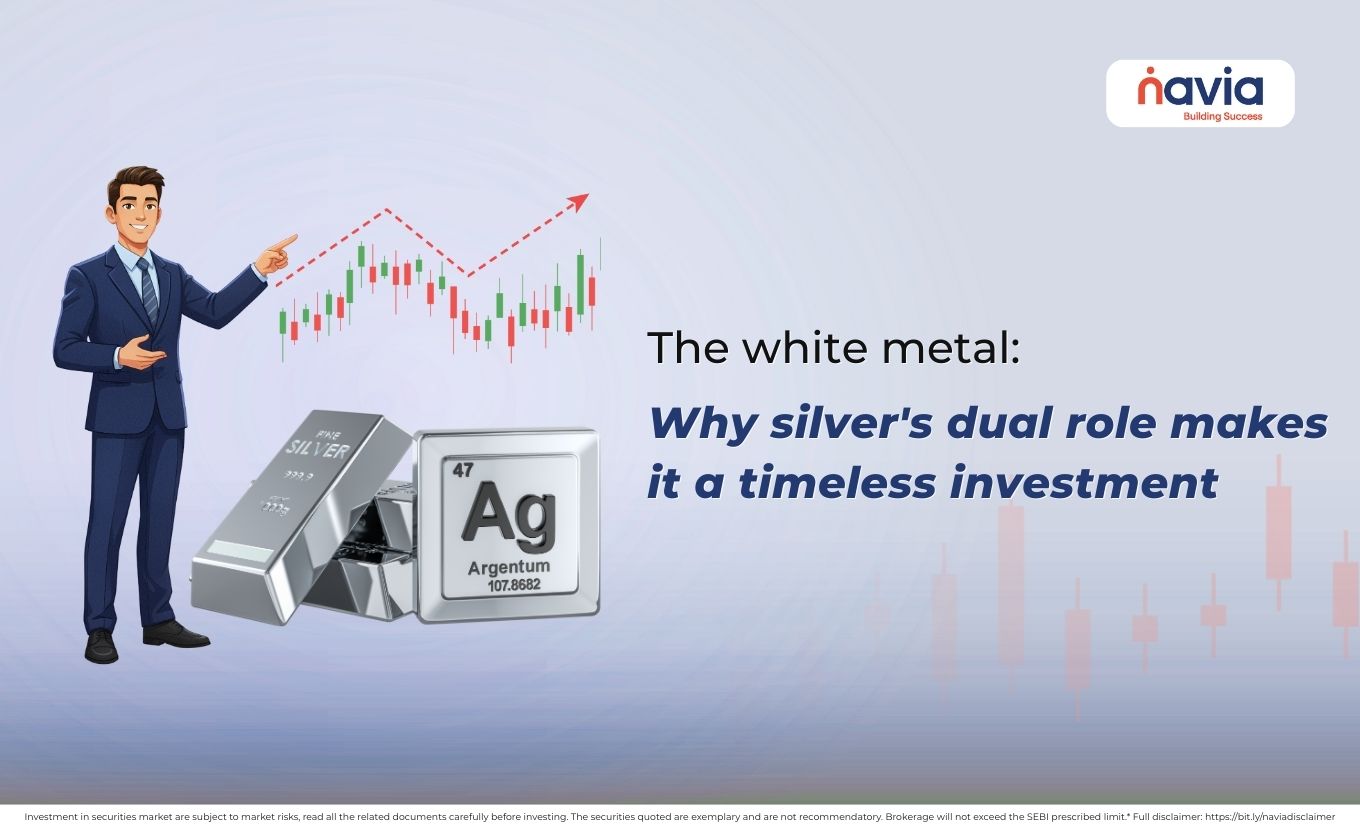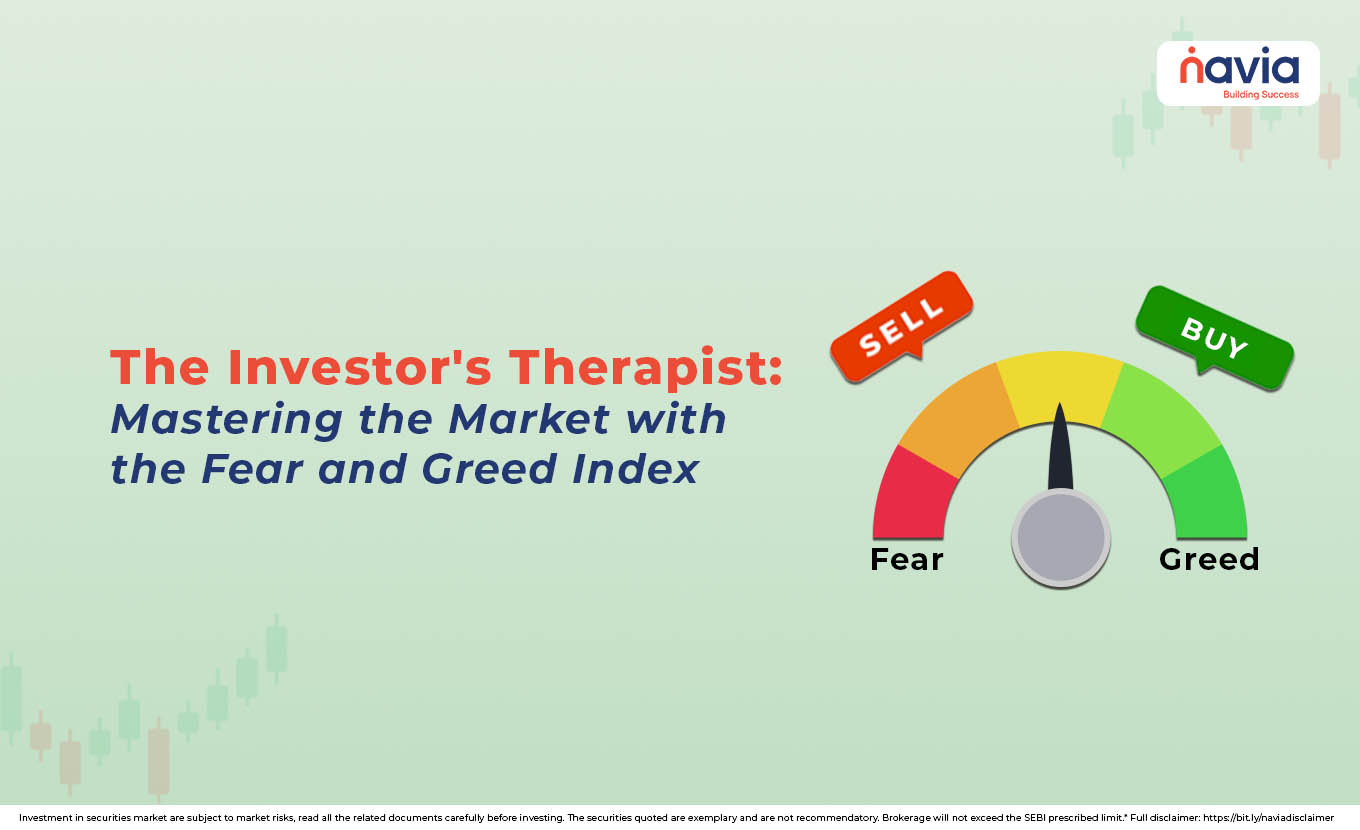Knowledge Does Not Beat Emotions!

- Calm Mind vs. Crisis Mind
- Why Knowledge Alone Fails?
- The Real Shield: Process Over Emotion
- The Takeaway
Many investors believe that if they understand behavioral biases—like loss aversion, fear of missing out (FOMO), or confirmation bias—they can avoid mistakes in the stock market. On paper, this seems logical. In reality, knowledge alone isn’t enough.
Calm Mind vs. Crisis Mind
In calm markets, it’s easy to promise yourself:
🔸 “I won’t panic when markets fall.”
🔸 “I won’t chase hot stocks.”
🔸 “I know my biases.”
But when a real crash happens, your brain gets hijacked. Fear and greed overpower logic. Suddenly, all those rational lessons disappear. This is why even experienced, well-read investors sell low, hold on to losers, or overtrade during rallies.
Why Knowledge Alone Fails?
➣ Emotions > Logic – In stressful moments, survival instincts drive decisions, not theories.
➣ Recency Bias – A sharp fall feels like it will last forever, even if history shows recovery.
➣ Overconfidence – Believing “I know better” can blind you to real risks.
Awareness is valuable—but it’s only half the journey.

The Real Shield: Process Over Emotion
The real protection lies in having a structured, automated investment process that reduces the scope for emotional decision-making. For example:
➱ Systematic Investment Plans (SIPs) – Automate equity investing to keep discipline through market cycles.
➱ Asset Allocation Rules – Predetermine how much to invest in equity, debt, and gold.
➱ Rebalancing – Use fixed rules (say, annually) to reset your portfolio, instead of reacting to noise.
➱ Stop-Loss or Exit Frameworks – Decide in advance, not in panic.
The Takeaway
Awareness of biases is necessary—but not sufficient. Markets will always test your emotions. The only way to protect yourself is to replace promises with process. Because in the heat of a market crash, knowledge won’t beat emotions, but process will.
Do You Find This Interesting?
DISCLAIMER: Investment in securities market are subject to market risks, read all the related documents carefully before investing. The securities quoted are exemplary and are not recommendatory. Full disclaimer: https://bit.ly/naviadisclaimer.






